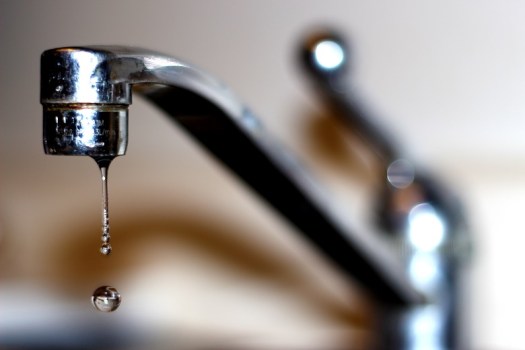The Local Government and Shires Associations of NSW (LGSA) have strongly rejected the findings on Local Water Utilities (LWU) in the National Water Commission’s recently released report entitled Urban Water in Australia: Future Directions 2011.
The Report’s section on LWU alleged public health, the environment and basic levels of service in regional and rural areas were at risk from inadequate processes, skills shortages and poor pricing policies.
It recommended structural changes to LWU in rural and regional NSW.
President of the Shires Association of NSW, Bruce Miller, said the LGSA challenges the Report’s findings on LWUs and objects to the way the report has been prepared and the lack of consultation.
“The Report appears to rely heavily and almost exclusively on a report on LWU in regional NSW produced by AECOM for Infrastructure Australia earlier this year that was already shown to contain significant shortcomings and that was universally rejected in NSW,” he said.
“These findings do not accurately represent the situation relating to drinking water quality, operator training, water pricing and full cost recovery and water security in non-metropolitan NSW.”
According to Mr Miller it's the outcomes that count, with 96 percent of LWU in NSW achieving full cost recovery for water supply and 99 per cent of the population in rural and regional NSW are receiving high quality drinking water.
"Local government is responsible for water and sewerage services outside the Sydney and Hunter regions of NSW,” he said.
“The Commission has not bothered asking councils’ our opinions.”
Mr Miller said the LGSA calls on the National Water Commission to retract their findings and start again, undertaking comprehensive research on Local Water Utilities in NSW.
"We and request they consult with councils and the relevant NSW Government agencies before acting on it,” he said.
President of the Local Government Association, Keith Rhoades, said it made sense for councils to continue to handle water management.
“We know what local priorities are and we can provide a whole-of community approach to water management – something that other agencies are not in a position to do."
Comment below to have your say on this story.
If you have a news story or tip-off, get in touch at editorial@governmentnews.com.au.
Sign up to the Government News newsletter


